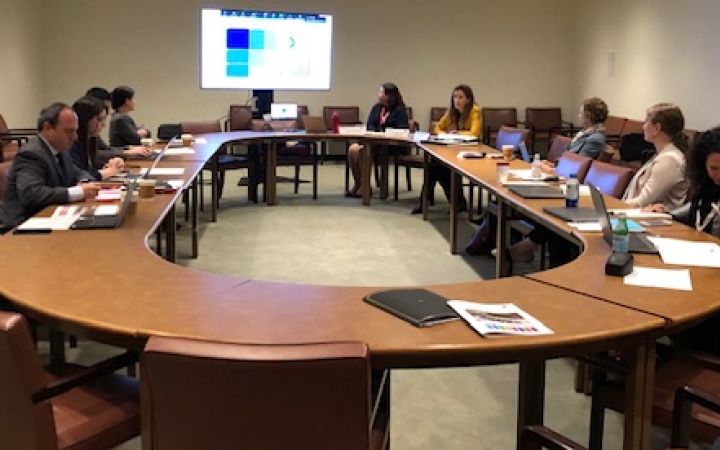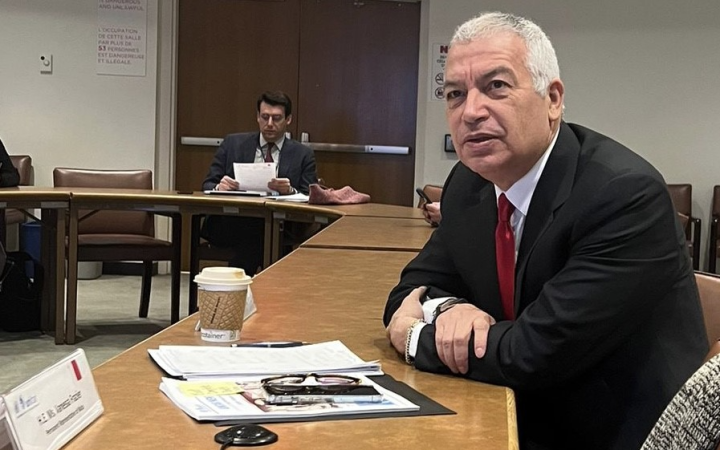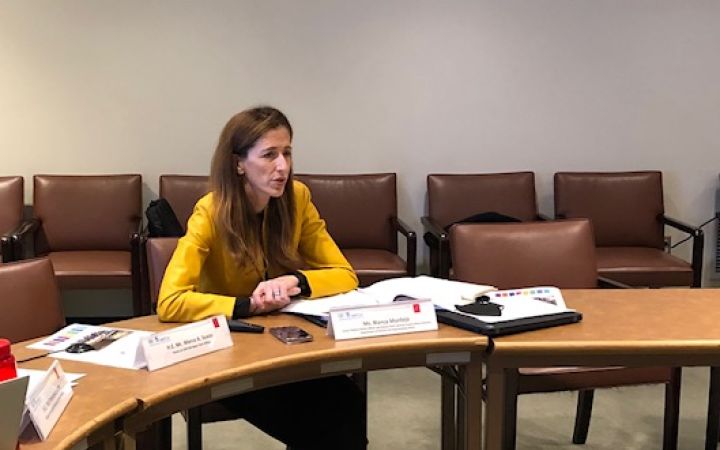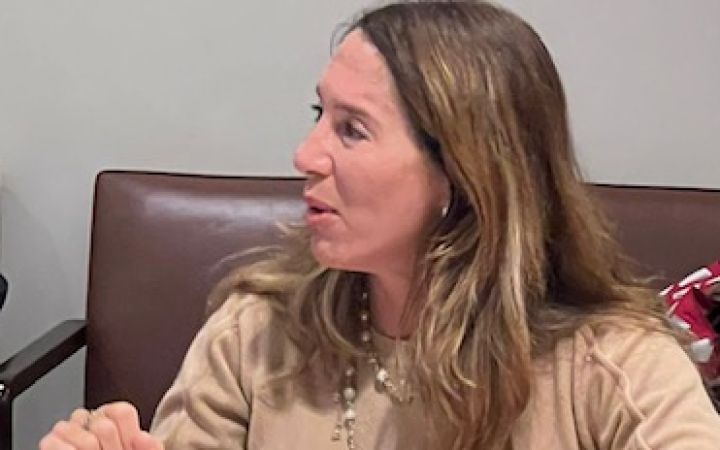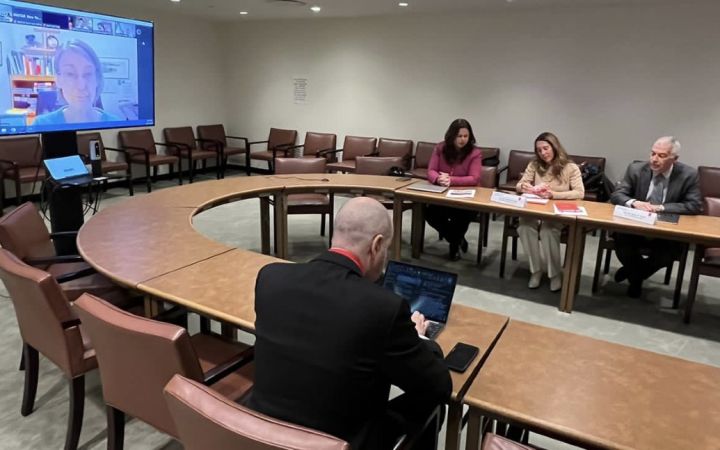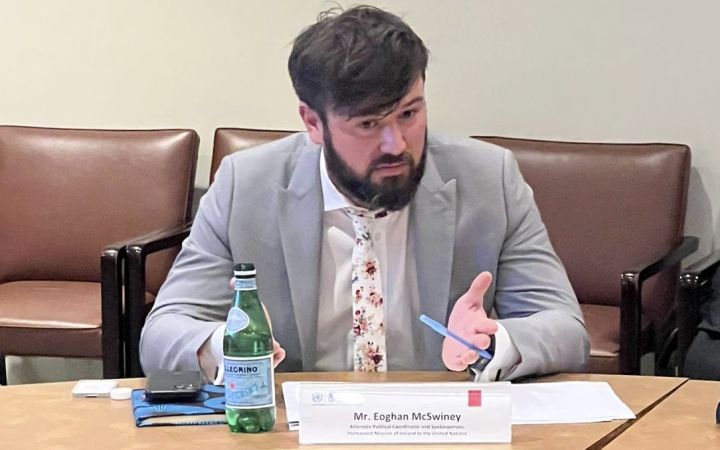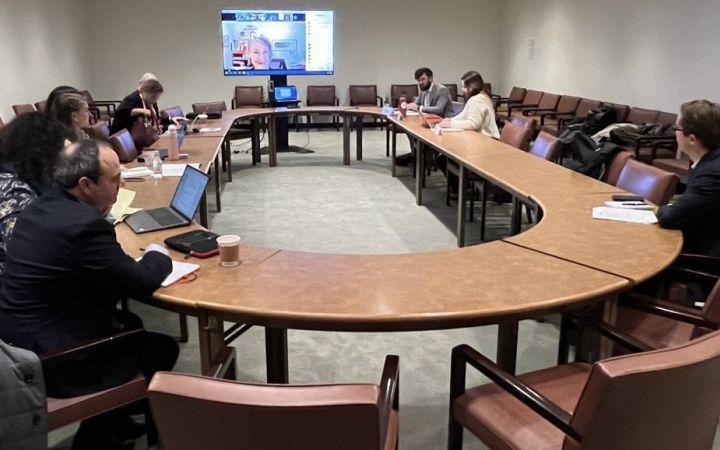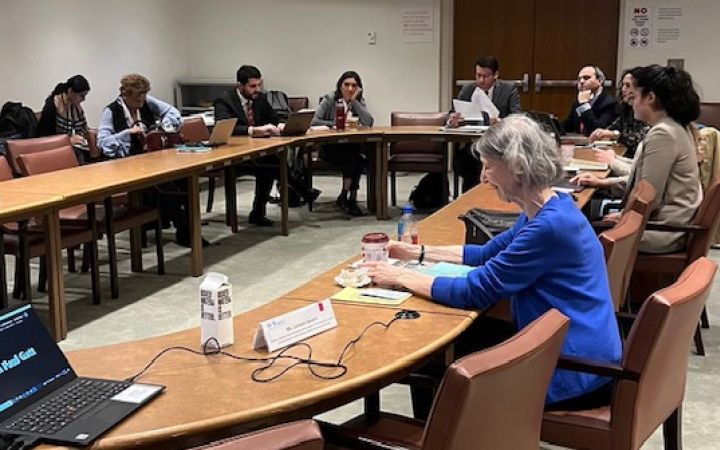2 December 2022, New York, United States - The United Nations Institute for Training and Research (UNITAR) office in New York launched its training session for the Malta delegation in preparation for their membership at the United Nations Security Council, from 28th November to 2nd December 2022. It was attended by more than 45 delegates from the capital and the mission in New York, in person and virtually.
The training began with Mr Marco Suazo, Head of UNITAR office in New York and Ms Francesca Gatt, Deputy Permanent Representative of Malta delivering welcoming remarks to delegates. The training session then continued with Ms Lorraine Sievers, co-author of The Procedure of the UN Security Council and former Chief of the UN Security Council Secretariat Branch, who explained the foundations of council procedure and working methods. She emphasized the strategic importance and foundations of the Council’s procedure and working methods. She then proceeded with the agenda item formulation process, its strategic importance, the agenda for each meeting (Rule 9), the summary statement as the Council’s “Agenda” (Rule 11) and case studies.
The first day ended with Ms Blanca Montejo, senior political officer and deputy chief, of Security Council Practices and Charter Research Branch, SCAD who discussed current working method issues before the council were also discussed, particularly related to the informal working group on documentation and other procedural questions, implementation of the note by the President of 30 August 2017 (S/2017/507) and subsequent notes, penholdership, access to council documentation by elected members, participation of rule 37 invitees: the situation after COVID-19, participation of rule 39 invitees, particularly civil society participants, requests for meetings by the broader membership: Charter Article 35 and the interaction between rules 2 and 3, the right informal setting, Arria-formula meetings, interaction between the Annual Report and monthly assessments and the Women Peace and Security and Council working methods.
Then, Ms Loraine Sievers gave an overview of meeting formats. She focused on both formal and informal meetings, rules of procedure, participation, transparency, and meeting records, formal public and private meetings and related issues, and meetings outside normal working hours and away from Headquarters. She also discussed the programme of work, specifically the monthly programme of work (POW) and its adoption as well as the addition of new business to the POW during the month. The second-day training ended with a debrief on the conduct of formal meetings and missions to the field and subsidiary bodies bureaux, including missions to the field, the history of the subsidiary organ bureau, the options for developing the role of Vice Chairs, decisions by consensus and interface with groups of experts.
The third day of the training kicked off with Mr Eoghan McSwiney, Alternate Political Coordinator and Spokesperson at the Irish Mission to the United Nations, describing Ireland’s experience as an elected member. He focused on elements such as taking the lead on new items and maintaining momentum, penholding and co-penholding, E10 coordination, procedural disagreements, the need for agility, engagement with the press and presidency planning and signature events.
The meeting then proceeded with an overview of informal meetings provided by Ms Loraine Sievers, which include “closed consultations”, Informal Interactive Dialogues (IIDs), “Toledo” wrap-up meetings and “Sofa Talks” to name a few. The day ended with Ms Sievers touching upon decisions and other outcome documents, including presidential statements (PRSTs), letters and notes by the President and Annual Report to the General Assembly to name a few.
The fourth day began with Ms Sievers giving an overview of documents received by Council members including Secretary-General reports, communications from non-Council Member States and communications from the UN system and other organizations, to name a few. Ms Sievers then proceeded with the council presidency preparation, related to Presidency expenses, the preparation of the monthly programme of work and its approval process and relations with the wider UN membership, regional organizations, and civil society, to name a few.
The fifth and last day of the training comprised supplementary sessions for delegates. First, Netherlands’ Ambassador to the United Kingdom, H.E. Karel van Oosterom shared his overall perspective, explained the relationship between the E10 and the P5 and gave practical advice for navigating life on the Council. Then, Mr Davey McNab, Senior Political Affairs Officer, Security Council Subsidiary Organs Branch, SCAD, debriefed on the relationship of the Security Council to the Peacebuilding Commission. The day ended with Mr Marco Bianchini, Chief of the Office of the Under-Secretary-General for Peace Operations, providing an overview of subsidiary organs of the Security Council and sanctions.


